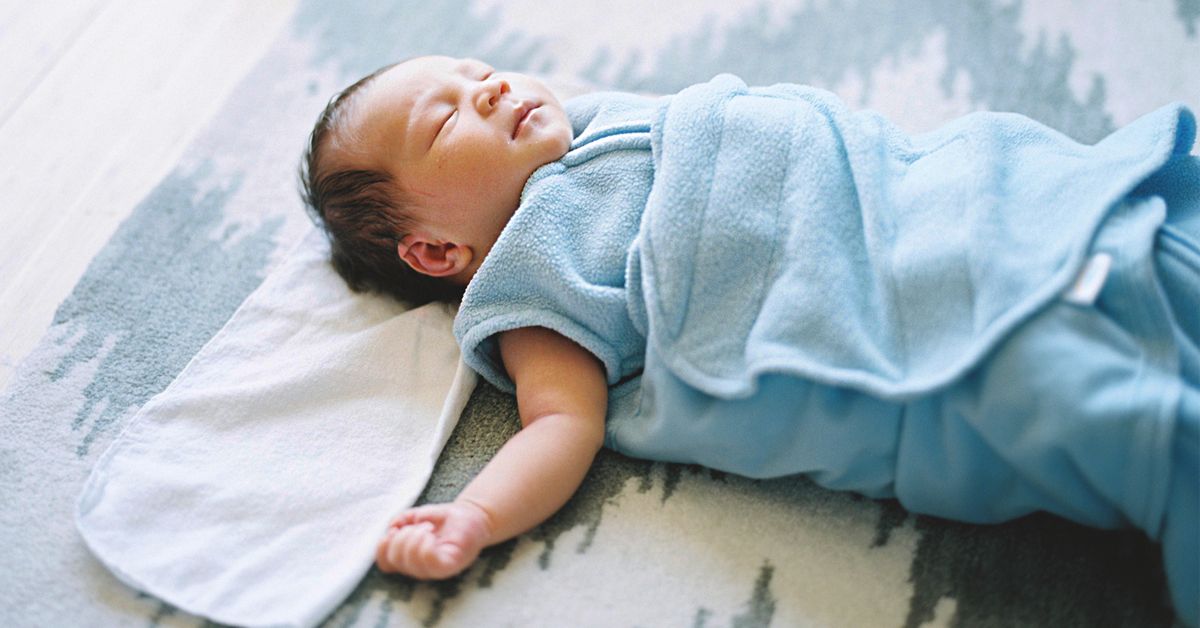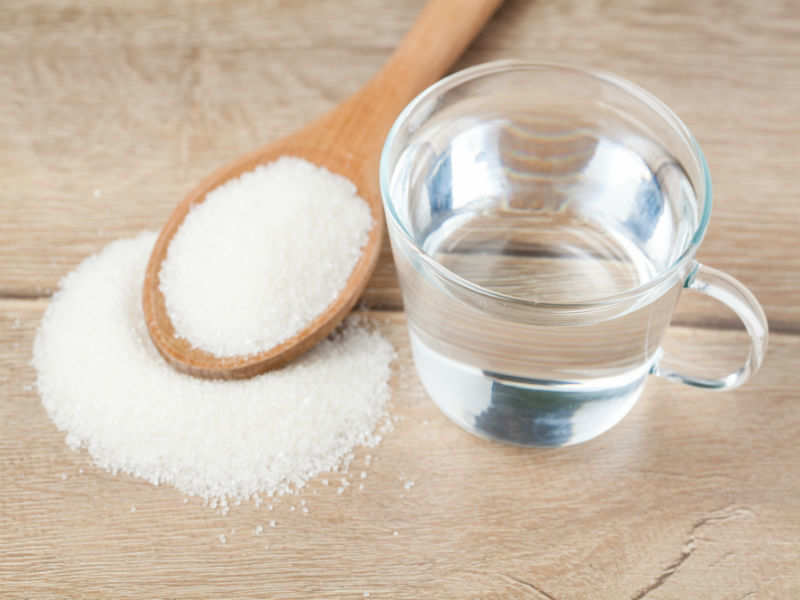How to Comfort Your Baby During Shots and Blood Tests
If you’re a parent, you already know—nothing squeezes your heart quite like hearing your baby cry. And when does such crying result from a blood test or a shot? It is nearly intolerable.

The problem is that blood testing and vaccinations are not merely "medical stuff." They are effective instruments that safeguard your infant from dangers much more terrifying than a simple needle prick. Still, that doesn’t make it any easier at the moment.
The good news? You can’t take the needle away, but you can make the whole experience less overwhelming for your little one. And often, the smallest comforts your arms, your voice, even a favorite pacifier make all the difference.
Gentle Ways to Soothe Your Baby During Shots or Blood Draws
Think of these little techniques as anchors helping your baby feel secure when the world suddenly feels too big.
1. Keep Your Infant Near You
Babies are hardwired to feel secure in your presence. Skin-to-skin contact is soothing for people of all ages, not just newborns. Your baby senses your warmth, your heartbeat, and your steadiness while you hold them throughout the shot. That simple closeness tells them: You’re not alone.
2. Try a Swaddle (When You Can)

A snug swaddle works like a gentle hug. Of course, you’ll need to leave an arm or leg free for the needle, but wrapping the rest of their body can make them feel secure like you’re giving them a little armor of love.
3. Breastfeed, If It Works
Nursing during or right after a shot can be pure magic. The familiar rhythm, the taste of milk, and the closeness all soothe your baby and distract from the sting. Some clinics encourage it, others prefer after so ask what’s possible.
4.Present a pacifier.
Many babies find comfort in sucking. Their attention might be diverted from fear to familiarity by a pacifier or even your clean finger.
5. Use Your Voice
Your baby has been listening to your voice since before they were born. In the middle of the commotion, your voice can be the calm they cling to. Whisper, hum, or simply talk to them. It's grounding and soothing all at once.
6. Ask About Sugar Water

It might sound odd, but a drop of sugar water has been shown to ease discomfort in infants. Dipping a pacifier in it or giving a tiny syringe drop can trigger natural pain relief. (Always check with your doctor first before trying this.)
7. Cuddle Right After
The moment it’s over, scoop your baby up. Hold them close. Rock them gently. Let them feel your heartbeat again. They don’t understand the “why” behind shots—but they do understand the “who.” And that’s you, showing them it’s all okay.
What to Expect After Shots
Most babies recover quickly, sometimes even faster than parents do. A few minutes of tears, and suddenly they’re back to babbling or dozing.
Still, some babies might be sore at the injection site, a little fussy, or slightly under the weather for a day or so. This is totally normal. The best medicine? Extra snuggles, milk, and patience.
Pain relievers like acetaminophen are rarely necessary—and in fact, giving them right after vaccines can slightly reduce how well the vaccine works. So always check with your pediatrician before reaching for medicine.
A Final Thought for Parents
Yes, shots and blood tests are tough but they’re also fleeting. In just a few seconds, the needle is gone, the tears are drying, and your baby is safe in your arms again.
The important thing is that your baby will remember your comfort long after the pain subsides. Your voice. The warmth of your arms. The way you showed up and made a scary moment feel smaller.
You can’t protect your baby from every poke or every ouch in life. But you can show them they’ll never face it alone. And honestly? That’s the most powerful medicine of all.
What's Your Reaction?




















